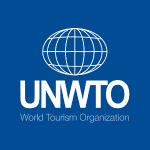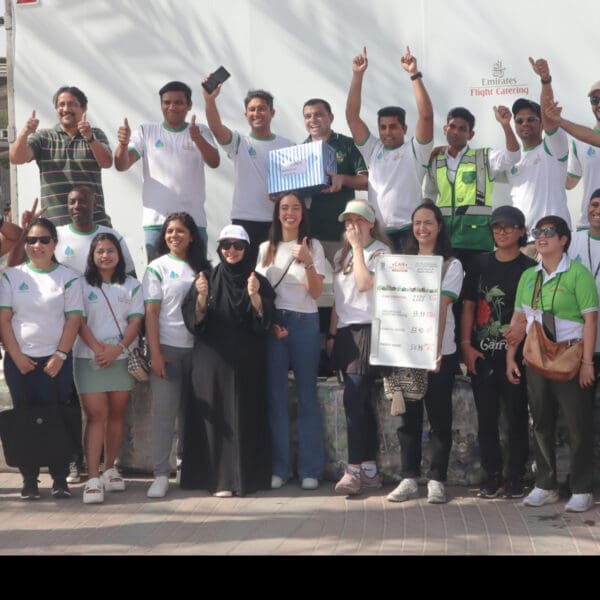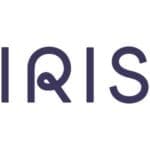The global MST effort responds to the urgent need for guidance to produce more credible and comparable data on the role of tourism for people, planet and prosperity. The data framework will empower policy makers and the private sector to shape innovative policies and transform business models.
people, planet and prosperity. The data framework will empower policy makers and the private sector to shape innovative policies and transform business models.
Governments, businesses and consumers require transparent and reliable metrics. These need to be produced in a harmonized way to benchmark performance, communicate progress, streamline policy, and ensure that action on the ground is aligned with broader policy ambitions. Launched in 2016 by UNWTO in partnership with leading countries, the International Labour Organization and the United Nations Statistics Division, Measuring the Sustainability of Tourism embodies tourism’s response to move Beyond GDP.
At its 3rd meeting the Expert Group – composed of Ministries, Statistical Institutes, subnational authorities, academia and private sector – adopted an ambitious roadmap to step up efforts towards the finalization of the Statistical Framework for Measuring the Sustainability of Tourism, and its endorsement as the new measurement standard for the sector. Record participation, with representatives from 28 countries (including 6 non UNWTO Member States), shows that MST is more crucial than ever.
MST Pilots
A Symposium on Country Experiences, held back-to-back with the Expert Group meeting, showcased pioneering work by countries and subnational destinations. On this occasion, UNWTO also launched the publication Measuring the Sustainability of Tourism: Lessons from pilots. MST pilots demonstrate that it is possible to measure in a comparable way the different of elements that comprise tourism’s sustainability – from environmental, to social to economic aspects – with a single integrated framework.
ESG Reporting
In collaboration with the Oxford University SDG Impact Lab, and under the umbrella of MST, UNWTO launched the development of a framework for Environmental, Social, and Governance (ESG) reporting for tourism businesses.



















